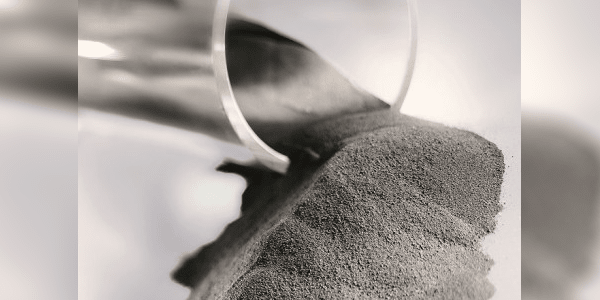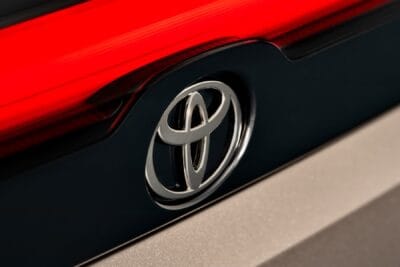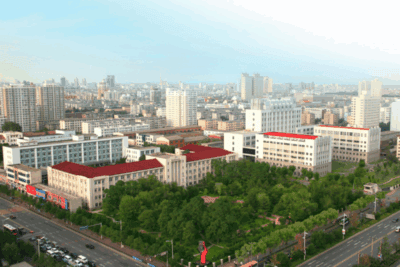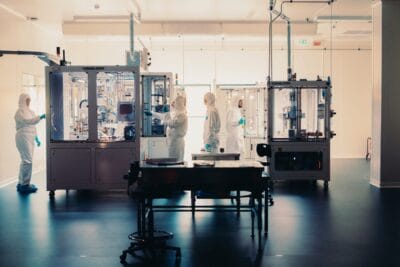Hyundai Kia work on new LFP cathode process
Hyundai and Kia are collaborating with Hyundai Steel and EcoPro BM on the four-year project, which aims to synthesize LFP battery cathode materials directly in order to reduce emissions during manufacturing and production costs.
LFP battery cathode materials are generally produced by adding lithium to precursor materials like phosphate and iron sulfate. The South Korean vehicle manufacturers and their technology partners want to use the direct synthesis process, which simultaneously adds phosphate, iron (fe) powder and lithium without having to create a separate precursor. Hyundai says, in its statement on the project, that its approach of direct synthesis eliminates the precursor production step, reducing hazardous substance emissions during manufacturing and lowering prosecution costs.
Hyundai Steel will be an important player in developing high-purity fine iron powder technology using what Hyundai says will be domestically recycled iron. EcoPro BM will then be able to use this for directly synthesized LFP cathode material.
While the Hyundai group statement says that “Hyundai Motor and Kia have both announced their active pursuit of enhancing the battery capabilities, performance, safety, and cost competitiveness of EVs as part of their long-term strategies,” some other statements over the last 12 months and a look at the international battery picture might give a few clues as to the dynamics pushing the project.
When BYD introduced its LFP (‘blade’) batteries in 2020, it kicked off a whole turnaround in the battery industry, whereby LFP batteries are now more desirable for electric vehicles than other chemistries for a number of reasons, including safety and performance. In the meantime, geopolitical tensions between the USA and China have flared up over US dependence on Chinese technology and materials sparking a whole row of policies forcing automotive manufacturers in the USA to try and create domestic, or at least non-Chinese, supply chains.
Late last year, Hyundai announced it was planning its own LFP battery cells. Earlier this year, Hyundai and Kia announced they aim to equip their electric cars in India with LFP batteries from local manufacturer Exide.
“To meet future demand in the EV market, rapid technological development and effective battery supply chain establishment are essential,” remarked Soonjoon Jung, Vice President and Head of the Electrification and Driving Materials Development Group at Hyundai Motor and Kia. “Through this project, we aim to reduce import reliance and enhance the technological competitiveness of the country and Hyundai Motor Group by internalizing necessary technologies,” he explained.
Now, the race is on to further LFP battery processes outside of China. Hyundai and Kia are well-positioned in South Korea as the home of some of the world’s largest electric vehicle battery makers outside of China, with the focus, expertise and industrial environment that may enhance these efforts.





0 Comments